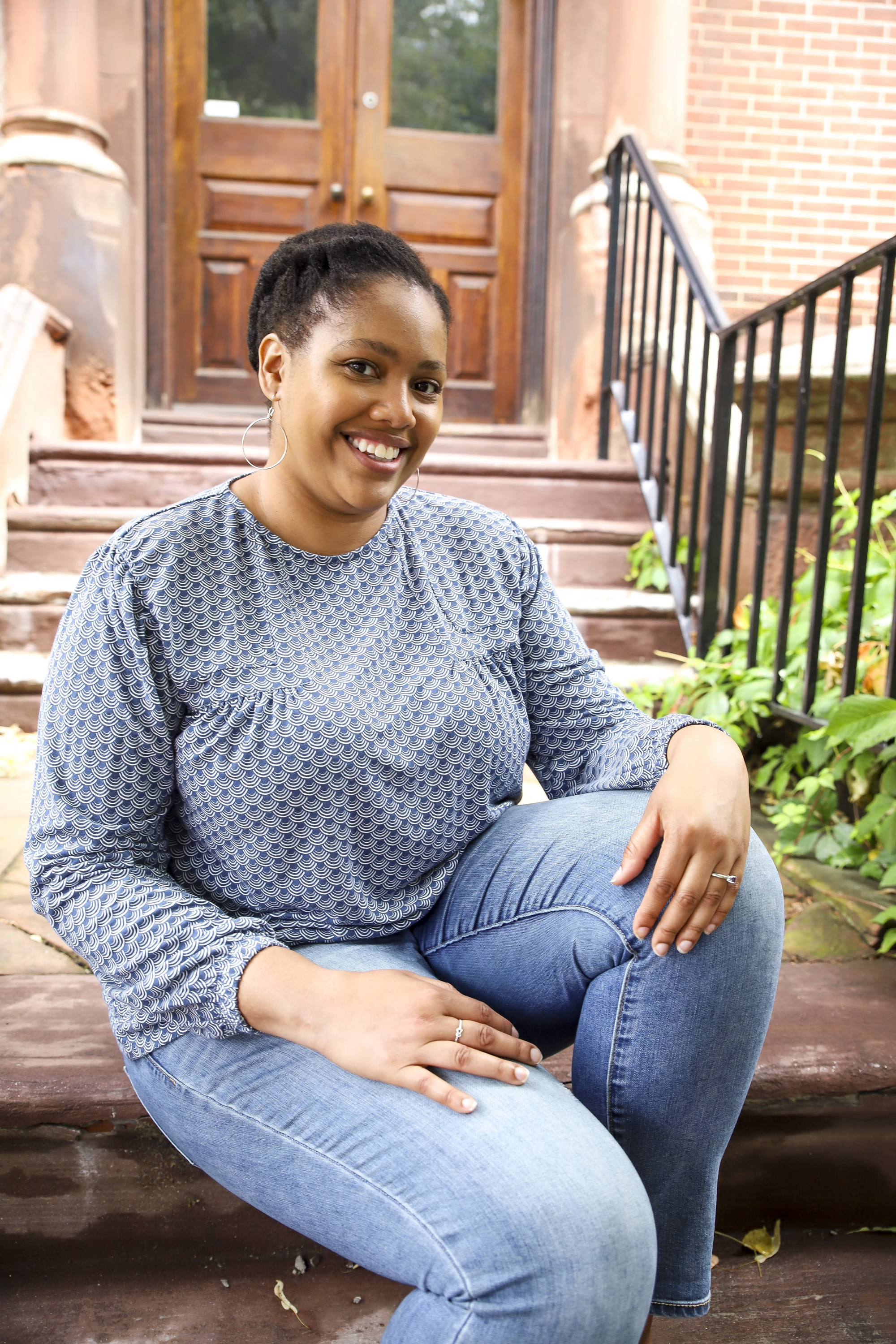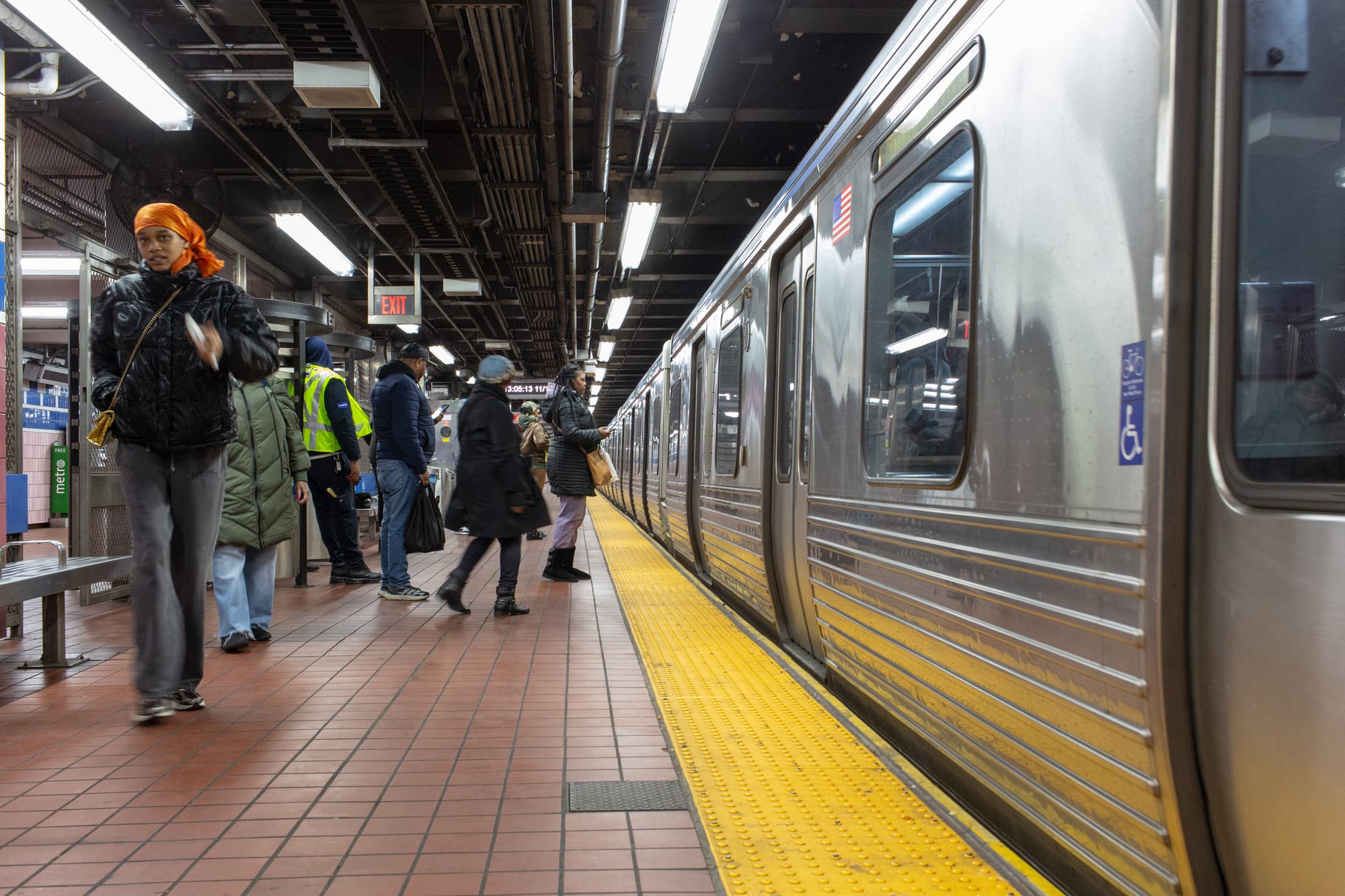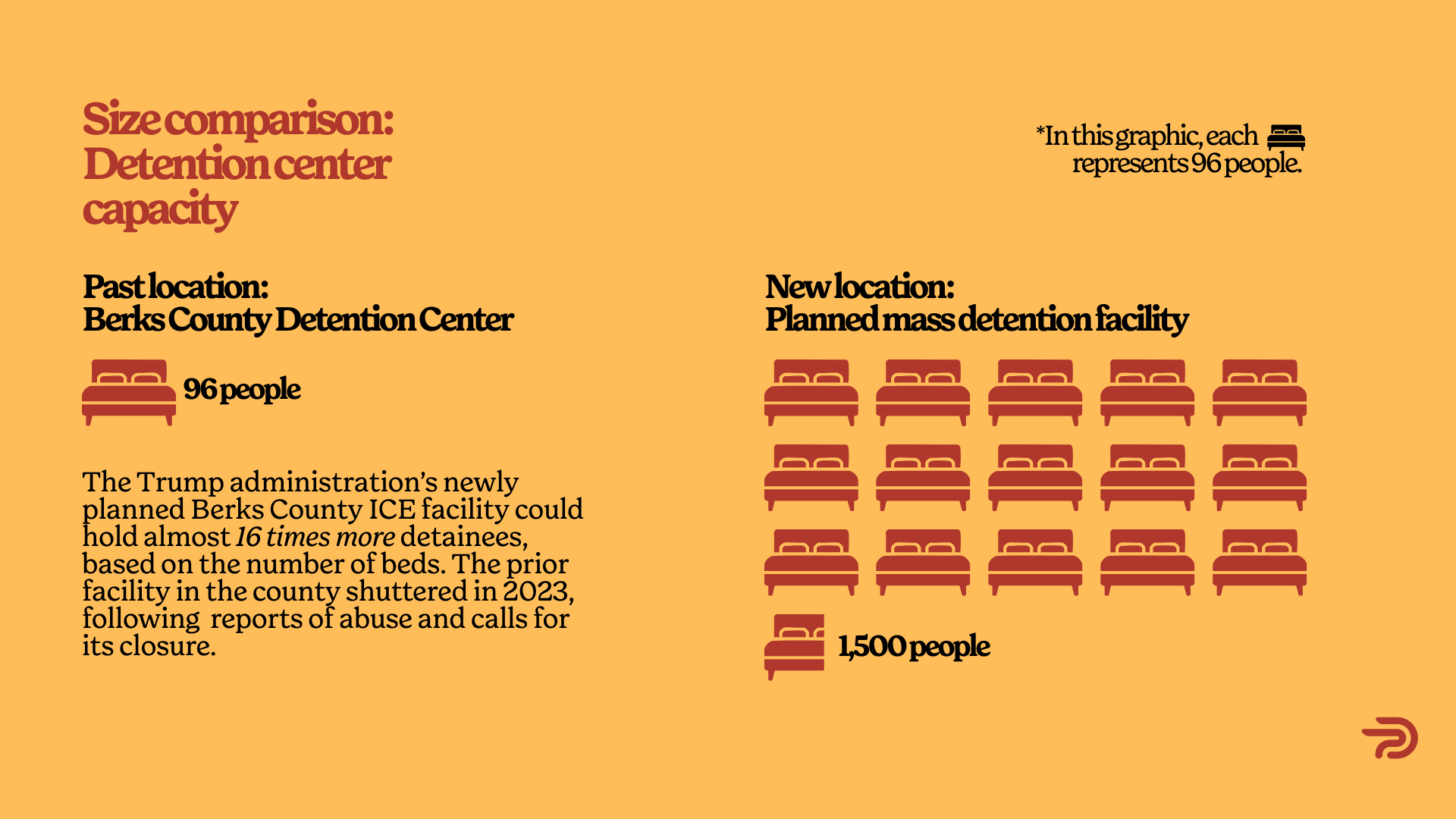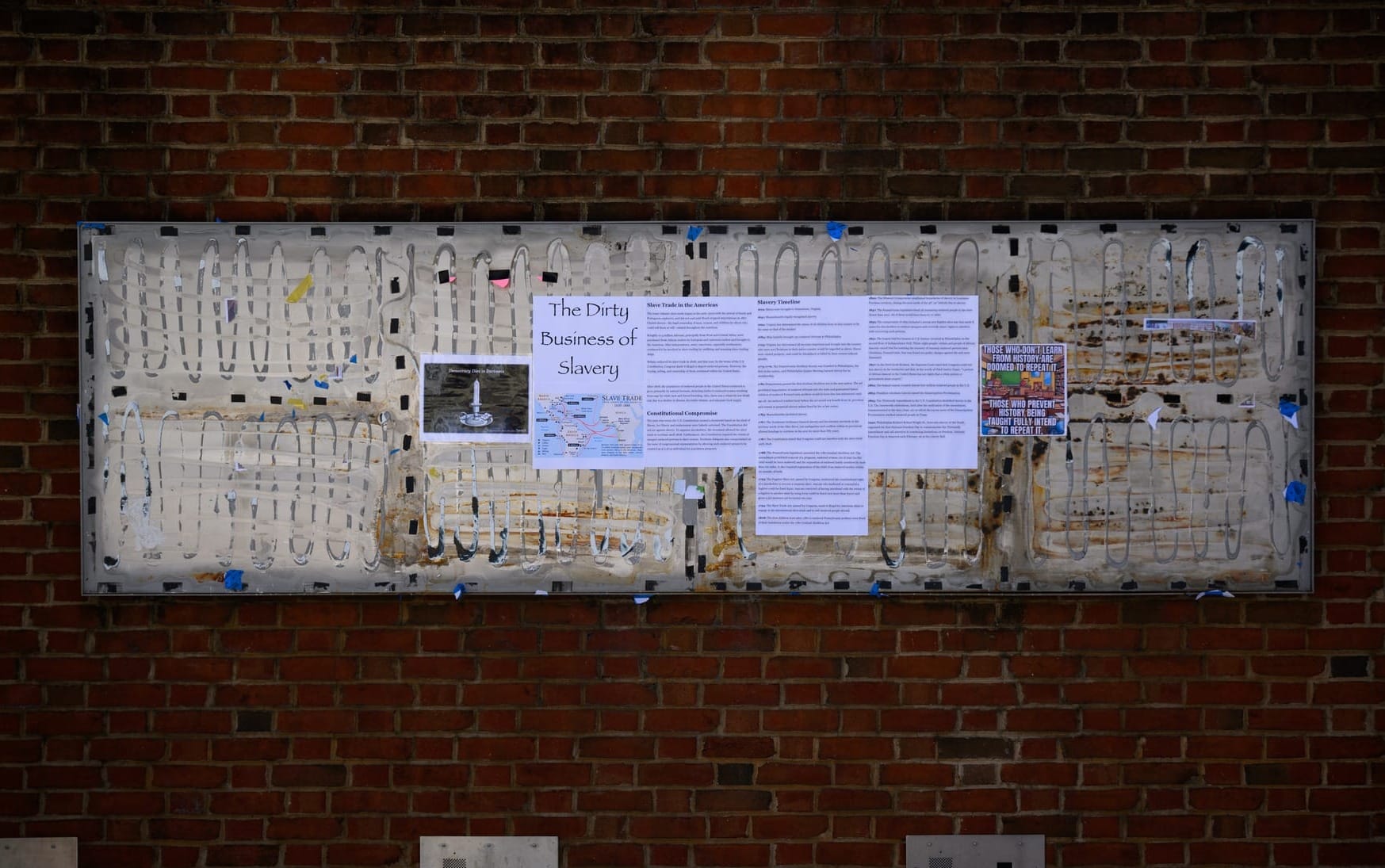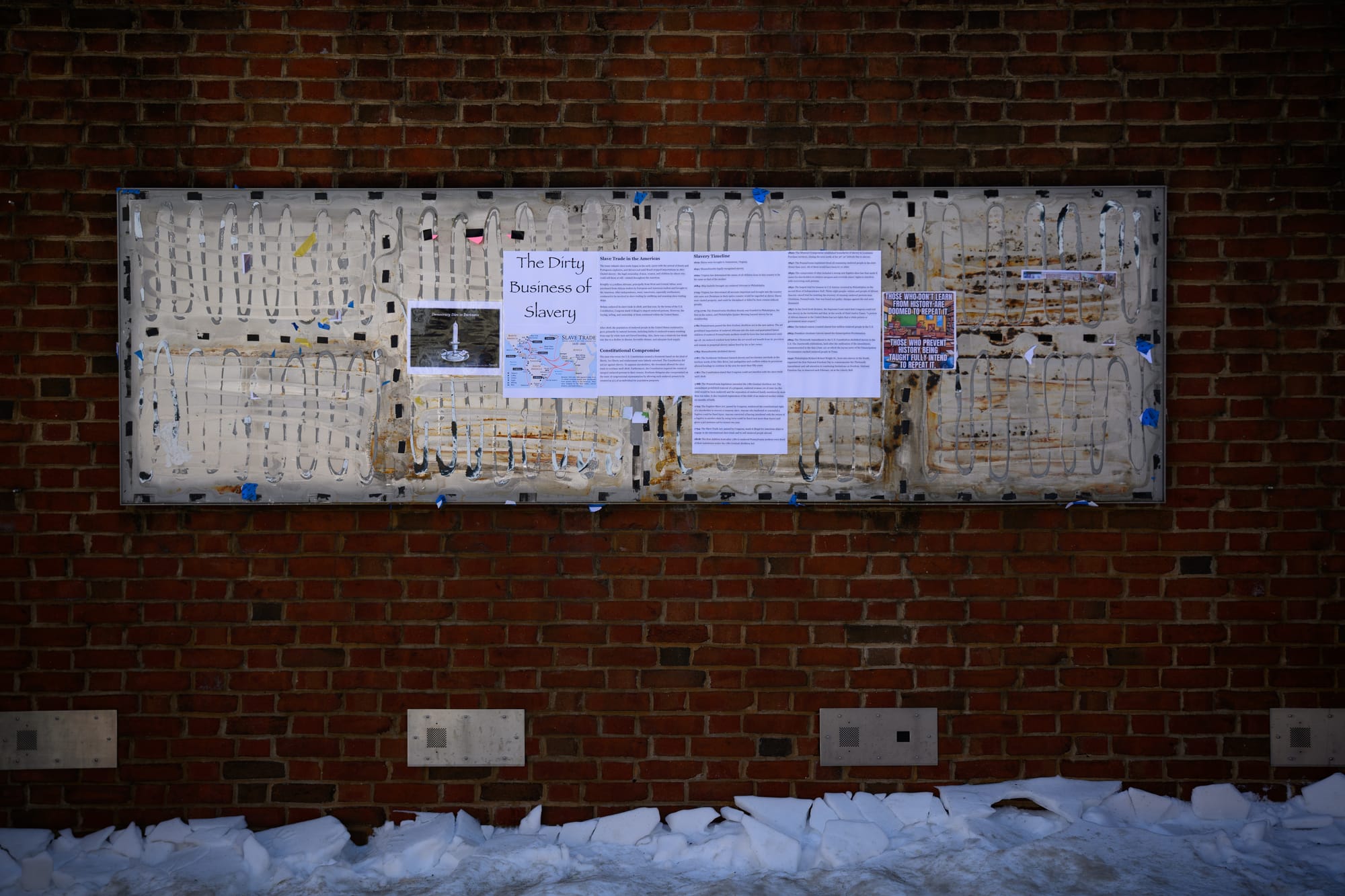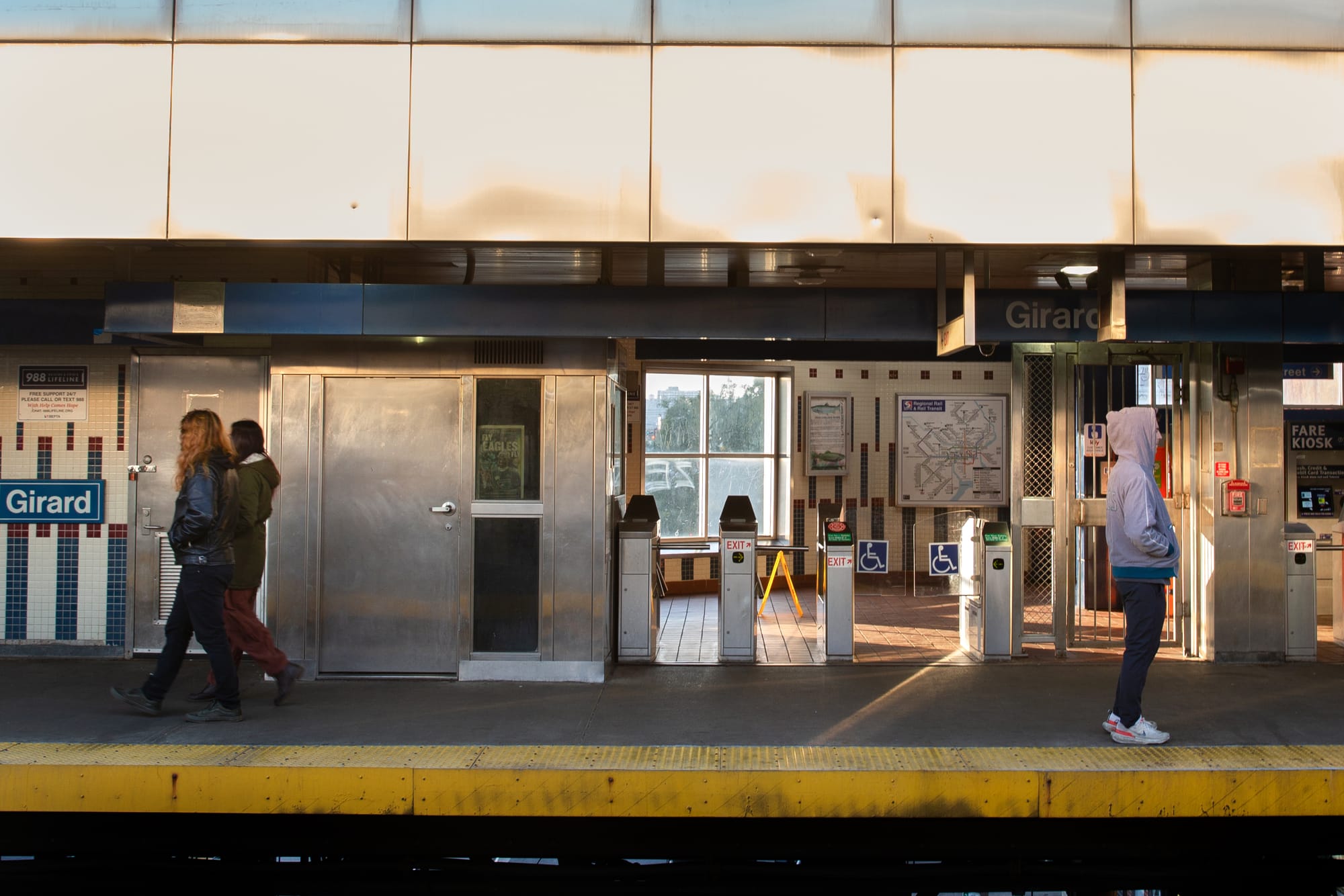They Not Like Us: Maurice Mitchell on Why The Working Families Party Is Not Like Other Third Parties
“The Working Families Party is a national political movement and a bottom up third party organization,” said Mitchell when we caught up with him at our collaborative Vote Or Else event.
There has been a lot more discussions surrounding third parties this election cycle than previous cycles. But according to Maurice Mitchell, the National Director of the Working Families Party, not all third parties are alike. “The Working Families Party is a national political movement and a bottom up third party organization,” said Mitchell when we caught up with him at our collaborative Vote Or Else event. “We believe in this crazy idea that in a democracy, that the people should govern, not corporations, not the over-wealthy and billionaires, but the people.”
What differentiates the Working Families Party from other third parties? According to Mitchell, it all comes down to people power. “What we do is we recruit everyday people, union members, people in the community, sometimes grass use organizers, activists, so that they could run, because we believe that the people that are dealing and struggling with everyday struggles should be the ones that also govern.”
Another differentiation between the Working Families Party and other third parties is their consistency beyond presidential elections. “There's different third party approaches,” said Mitchell. “There's those third parties that believe that every four years, you run a presidential candidate at the top of the ticket. We don't believe that. We believe that the way that you build the infrastructure for independent Black political power is to be in the community on the ground.”
And the Working Families Party isn’t all talk. They are doing the work on the local level, something that has been noted by “Just to give you an example here in Philadelphia, I have two words; Kendra Brooks. I have another set of words; Nicholas O'Rourke. They are two At-Large Working Families Party City Council people that have made Philadelphia a two party city, the Democratic Party and the Working Families Party.”
Philadelphia has already benefited from having Working Families Party candidates on the ballot, Mitchell says. “In 2020, when we were under covid, people were fearful of getting kicked out of their homes, and there was a potential eviction crisis. So they (O’Rourke and Brooks) were able to govern and legislate in City Council and pass a groundbreaking eviction divergent program. And it wasn't a permanent program, it was a COVID program. Later on, once Nicholas got into office, they worked with other people in the City Council to make it permanent.”
That legislation alone has made a huge difference. There are other advances heading down from City Council as well. Mitchell reminds us that it was people power that achieved these results. “There's groundbreaking affordable housing programs that Nicholas and Kendra and other city council members were able to establish to make sure that local Philly residents stay in their homes. Nicholas and Kendra, those are two examples of people who aren't slick politicians. Nicholas is a pastor of a small church. Kendra is a mother and activist. Both of them activists on the front lines, who decided to take on the improbable journey of running for office and winning.”
Having these candidates affect positive change in the city of Philadelphia also has a secondary effect, inspiring others. “When that happens, and inspires others, it inspires others to believe, “Oh, I also have power!” Because the little secret is that the people who currently have power, they want us to believe the lie that we don't have power, that we can't fight City Hall, that we can't run for office,” says Mitchell. “Our job is to make liars out of those people to show that everyday people have the intellect, have the vision, and have the ability to govern themselves. All of these things are possible, when our people decide that they have the power.”
One of the best ways for folks to achieve this power? “The best thing I could say is that voting is in your arsenal for power,” Mitchell says, but also reminds us that that one tool is not the only tool we have.
“It's one tool, but why would you put one tool down? Black folks and working class people, we are starved of power for all types of reasons. The society, this culture, the system has starved us of power. Economic power and political power. So, a power starved people probably should be a little power hungry. If you see that tool of your vote, pick it up. If you see the tool of organizing, pick it up, if you see the tool of joining a union, pick it up, and use all those tools and bring those tools together so that we could actually have the agendas that could empower ourselves, right? So it's not just about voting, it's about all those things, but don't leave anything out. Don't leave any power on the table. We want it all.”
